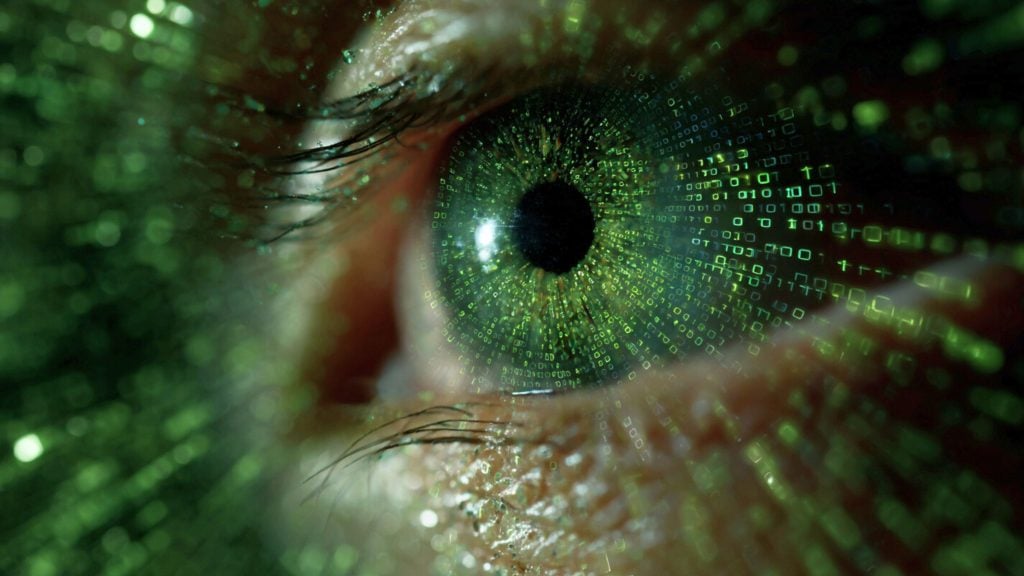Kristal Pitter, a nurse practitioner from Ontario, is now being investigated after she made vaccine-skeptical claims on Facebook and questioned the official death count of the coronavirus.
“Mandating masks is irresponsible, negligent, and dangerous,” said Pitter, while sharing a link to a YouTube video that discussed the “health risks” of wearing masks.
She is currently a nurse practitioner in the College of Nurses of Ontario (CNO) and has no record of harming anyone with her beliefs.
Pitter’s comments have received criticism on Facebook with several commenors reporting her. Several prominent figures from her profession expressed concerns over the fact that a healthcare practitioner was making such remarks.
The CEO of the Registered Nurses Association of Ontario, Doris Grinspun, said that she was “alarmed by thinking that a colleague that is a nurse would propagate such misinformation and not use evidence”.
“I understand about freedom of expression, of course I do, but promote and propagate misinformation about COVID and other things?” exclaimed Grinspun.
What’s more, some posts that Pitter made in the past have also been marked as misinformation by Facebook as well. Pitter, however, describes herself as a “mature, responsible, competent, and compassionate individual who desires to have a positive impact on the world.”
With Pitter currently under investigation, an important question arises: should there be a well-defined boundary between the private and professional life of professionals? If yes, would it be fair for professionals to be held liable for what they express on social media?
Of late, a number of professionals, including professors and nurses, among many others, have been subjected to investigations and have also been fired from their positions for the remarks made on social media. If this continues being so, people may soon refrain from expressing themselves on social media as they would start fearing the broader consequences of sharing their opinions online.












